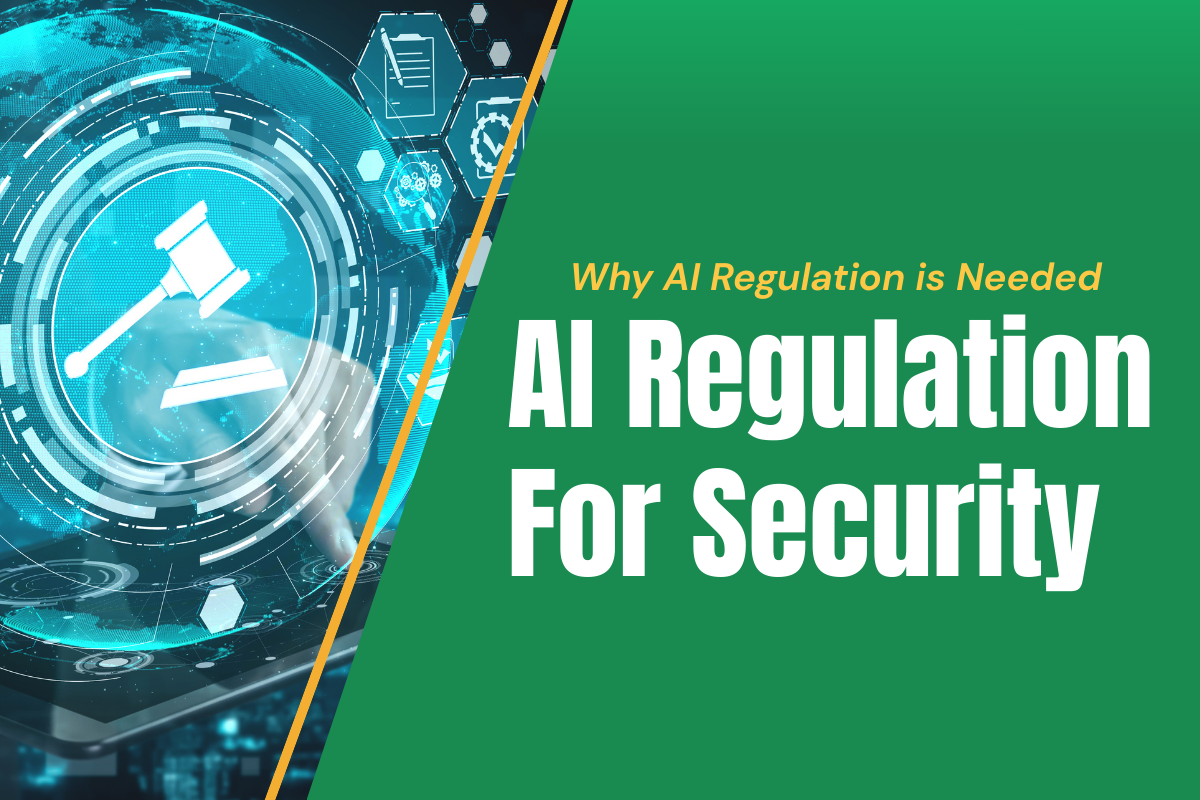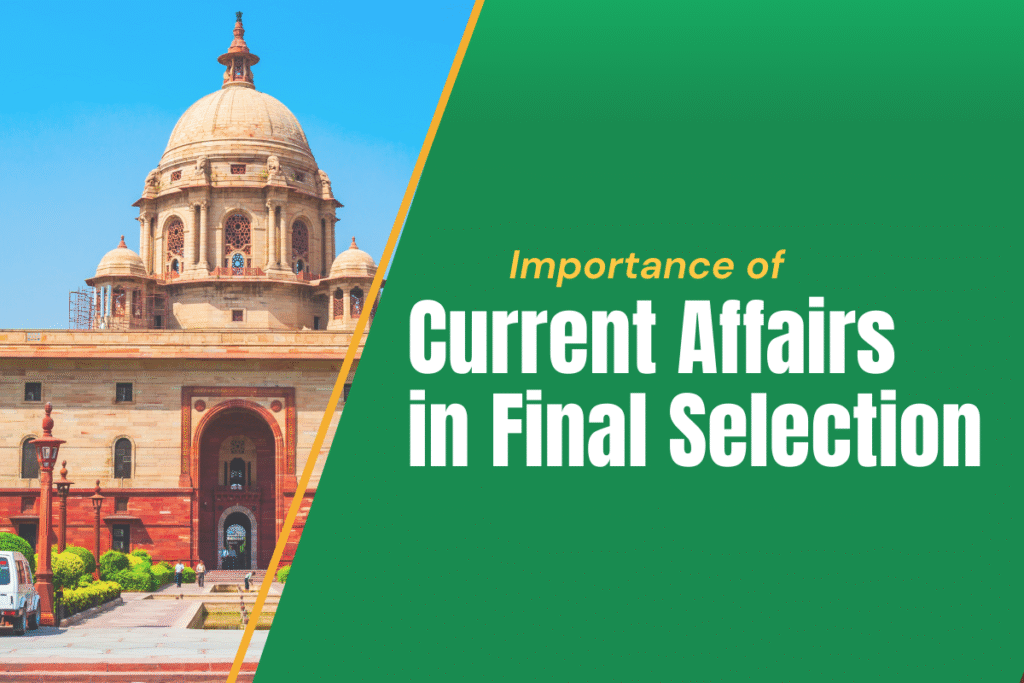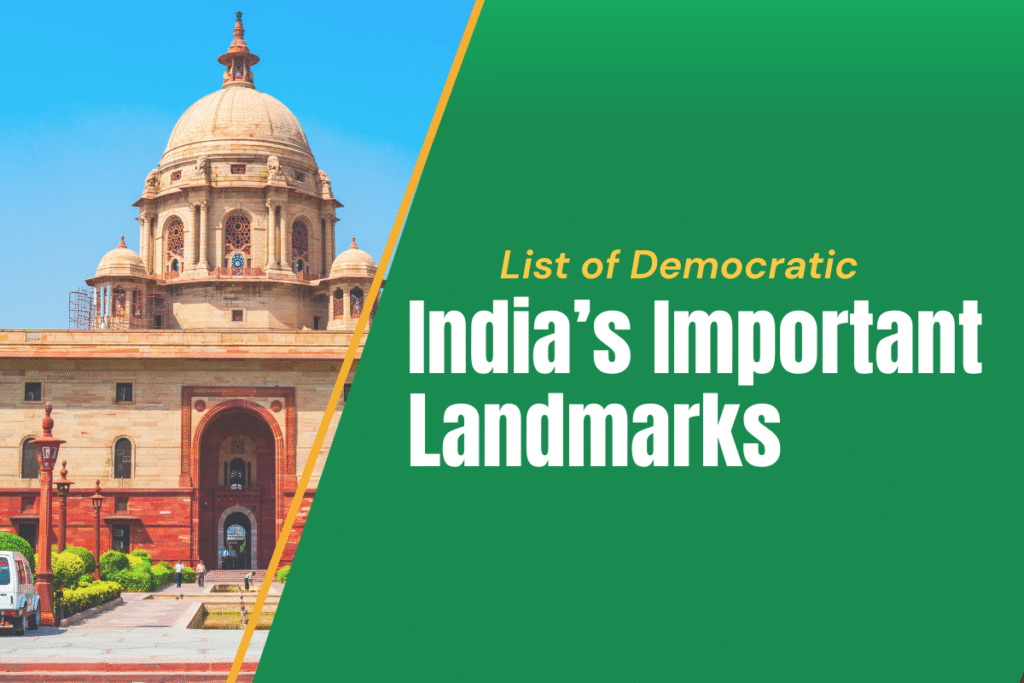
Need of Artificial Intelligence Regulation for Security
Artificial Intelligence (AI) is no longer just a futuristic concept — it is transforming industries, governments, and societies worldwide. From healthcare and education to defense and finance, AI applications are expanding at lightning speed. However, this rapid advancement has also created serious concerns about security, ethics, privacy, and misuse, making AI regulation a pressing global necessity.
Why AI Regulation is Needed
Data Privacy & Security Risks
AI systems handle massive amounts of personal data. Without proper safeguards, this data can be misused, hacked, or sold.
Cybersecurity Threats
AI can be weaponized to launch cyberattacks, phishing, or deepfake scams at an unprecedented scale.
Ethical Concerns
AI-powered decision-making in law enforcement, healthcare, or hiring can lead to bias and discrimination.
Military & Defense Risks
Autonomous weapons (killer drones, AI-driven warfare) raise fears of uncontrollable escalation in conflicts.
Misinformation & Deepfakes
Generative AI tools can create convincing fake news, videos, or voices, threatening democracy and national security.
Global Approaches to AI Regulation
1. European Union (EU)
The EU AI Act (expected to be fully in force by 2026) is the world’s first comprehensive AI regulation.
It classifies AI into risk categories — unacceptable, high, limited, and minimal risk.
Focuses on banning harmful AI uses like biometric surveillance and social scoring.
2. United States
The U.S. follows a sector-specific approach, relying on existing laws for privacy, competition, and cybersecurity.
The AI Bill of Rights (2022) provides principles for safe AI but is not legally binding.
Heavy emphasis on innovation with light regulation.
3. China
China enforces strict state control over AI.
Introduced regulations on recommendation algorithms and generative AI tools.
Prioritizes national security, censorship, and surveillance in AI governance.
4. India
India has not yet enacted a specific AI law but emphasizes “AI for All” for inclusive growth.
NITI Aayog has released strategies focusing on ethical AI, data protection, and innovation.
Likely to follow a balanced approach — encouraging innovation while addressing risks.
5. United Nations (UN) & Global Efforts
UNESCO adopted AI Ethics Recommendations (2021).
G20 and OECD have frameworks for trustworthy AI.
Debate continues over a global AI treaty, similar to nuclear or climate agreements.
Challenges in Regulating AI Globally
Different National Interests – The U.S. prioritizes innovation, China prioritizes control, EU prioritizes rights.
Rapid Technological Change – AI evolves faster than regulations can keep up.
Enforcement Issues – Cross-border AI applications make monitoring difficult.
Balancing Innovation & Regulation – Over-regulation could stifle startups and R&D.
Importance for Security
National Security: AI-enabled cyber warfare, surveillance, and autonomous weapons need strong controls.
Economic Security: AI misuse can disrupt financial systems, stock markets, or supply chains.
Social Security: Protection from misinformation, biased algorithms, and mass surveillance.
Global Peace: AI in defense without regulation could trigger an arms race.
Civil Services Exam Relevance
For UPSC and State PCS aspirants, AI regulation is a hot topic under GS Paper III (Science & Technology, Internal Security, and Ethics).
Prelims: Questions may ask about AI governance frameworks, EU AI Act, UNESCO guidelines.
Mains: Analytical essays like “Need for Global AI Regulation” or “AI: Opportunity or Threat for Security”.
Interview: Questions on India’s role in AI governance, AI ethics, and balancing innovation with safeguards.
Conclusion
The Need of Artificial Intelligence Regulation for Security is no longer optional but urgent. AI offers immense opportunities for growth, but without strong guardrails, it poses risks to democracy, human rights, global peace, and cybersecurity. A harmonized global framework, involving governments, tech companies, and civil society, is essential to ensure AI remains a tool for empowerment — not destruction.
India, with its growing digital ecosystem, must strike the right balance between innovation and regulation, ensuring AI is used ethically, securely, and inclusively.
Latest Blogs
Ask your Query
Browse By Category
- Daily Current Affairs (4)
- EPFO (4)
- HP Allied (4)
- HPAS/HAS (9)
- IAS (10)
- Monthly Current Affairs (1)
- PCS (9)
- Uncategorized (1)
- UPSC (9)
- Weekly Current Affairs (2)
- Yearly Current Affairs (5)

Archives
- September 2025 (7)
- August 2025 (10)
- July 2025 (6)





Leave Comment